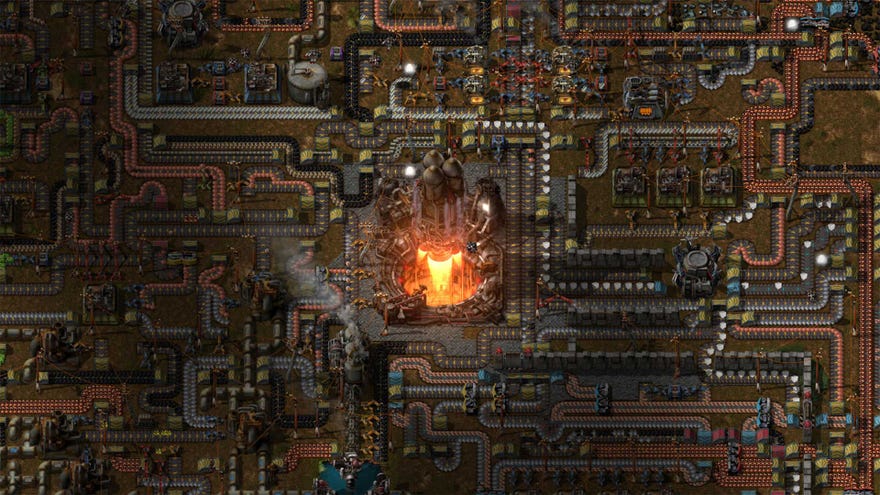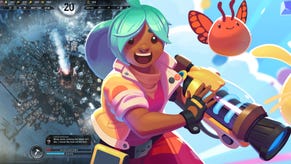G2A pay Factorio devs over £32,000 after uncovering stolen key sales
Last year, second-hand games marketplace G2A made a bet: If any developers or publishers could prove that stolen keys were being sold on G2A, the storefront would pay back the money lost on chargebacks tenfold. Only one studio offered to take them up on the offer, Factorio developers Wube Software. Turns out, Wube were right to suspect stolen sales - and now G2A's gamble has cost the storefront $39,600 (roughly £32,360).
As a marketplace for second-hand game keys, G2A regularly come under fire from devs and publishers for allowing stolen game keys to spread on their shelves. Developers like Vlambeer's Rami Ismail have claimed they'd rather folks pirate their games than buy from G2A (via PCGamer), while No More Robots' Mike Rose last year petitioned to have indies removed from G2A entirely.
That a rogue G2A employee was trying to have an "unbiased" puff piece published at media outlets did not, in fact, help matters one bit.
In an attempt to prove that they don't sell stolen keys, actually, G2A issued a challenge: "We will pay developers 10 times the money they lost on chargebacks after their illegally obtained keys were sold on G2A. The idea is simple: developers just need to prove such a thing actually happened on their stores."
"Let’s lay all cards on the table. We will pay developers 10 times the money they lost on chargebacks after their illegally obtained keys were sold on G2A. The idea is simple: developers just need to prove such a thing actually happened on their stores.
"To assure honesty and transparency, we will ask a reputable and independent auditing company to make an unbiased examination of both sides – the developer’s store and G2A Marketplace. The cost of the first three audits is on us, every next one will be split 50/50."
You know what happens next: Kotaku reports that, after taking G2A at their word, Wube find that 198 of the 321 keys suspected of being illegitimately sold online were distributed via G2A between March and June 2016. Unable to find an independent auditor willing to publicise the process, G2A told Kotaku they they performed the audit themselves, as "it was imperative for both G2A and Wube to make the results of this investigation public".
Despite their sole challenger finding that, yes, stolen keys were sold on their shelves, G2A are quite proud of the fact they stuck to their promise. Sure, okay, Wube did receive the promised amount - and while the tenfold offer has ended, they'll reimburse fully any chargebacks resulting from illegitimate sales.
Nevermind that, by their own investigation, G2A were caught doing the exact thing devs and pubs have accused them of doing this entire time.
"When we launched this offer, we wanted to send a clear message to the gaming community that fraud hurts all parties. As we spell out in this blog, fraud directly hurts individuals who buy illegitimate keys, it hurts gaming developers and it ultimately hurts G2A because we are forced – as the transaction facilitator – to cover costs related to the sale. We wanted to amplify that message and capture people’s attention, so pledged to compensate developers ten times the value of any chargeback fees they incurred, despite the fact that we had nothing to with the illegal acquisition of these keys.
"The gaming developer community has our solidarity and sympathies on this issue, and we want to continue building bridges. With our main point being made, about the seriousness of fraud in the industry, from now on we will compensate developers the full value of any chargeback fees they incurred for any keys sold via G2A Marketplace, if they are able to prove they were illegitimate."
But fraud only hurts G2A insofar as covering the costs if and when they're called out. Responsibility is still placed firmly on devs and publishers to discover and report fraudulent sales, and not on the G2A themselves to prevent the sale of stolen goods.









